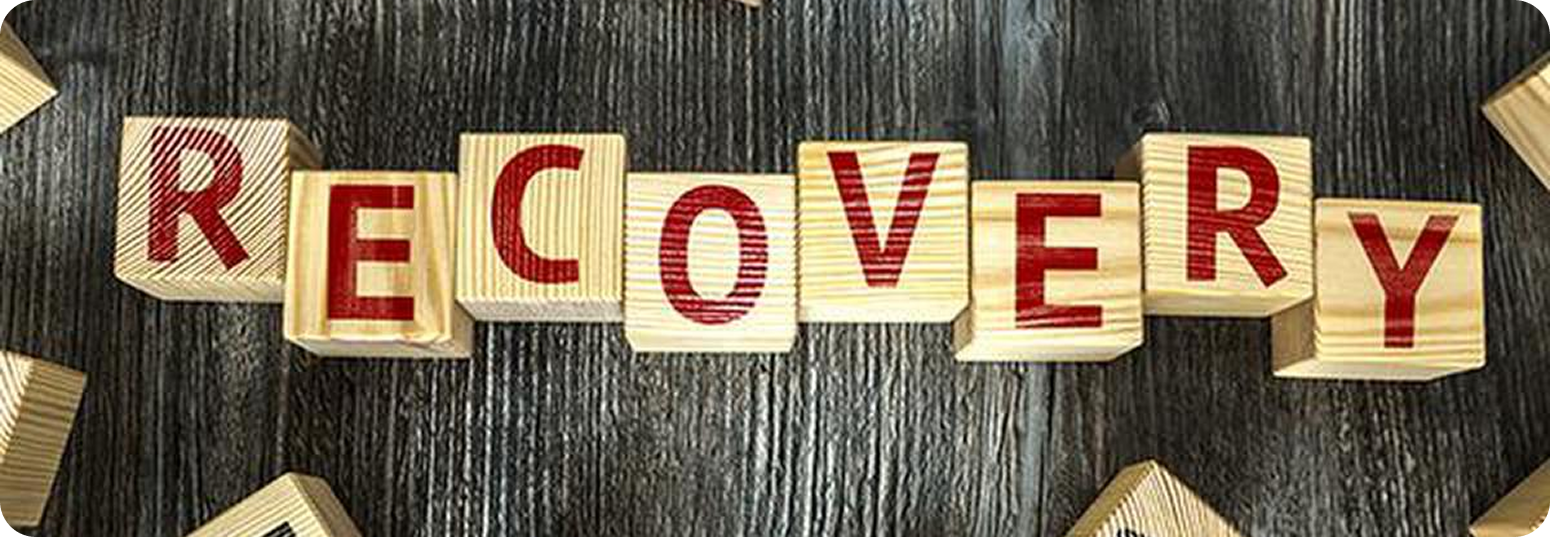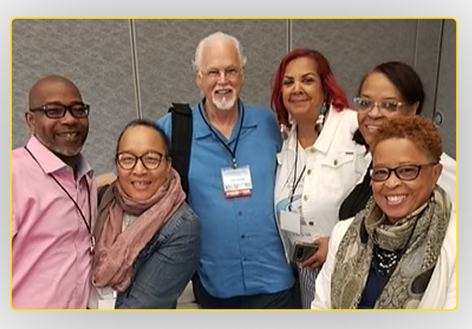WELCOME TO TEECH FOUNDATION
Recovery Oriented
Systems of Care
Recovery Oriented Systems of Care
ROSC is a network of organizations and services within the community that provides resources and solutions to those in or seeking recovery, family, friends, and the community.
Addiction affects us all in some way, it can be personally within our families or visible within our communities…it’s not just the problem of the person with an addiction.
ROSC was developed to provide a broad range of recovery support by recognizing the impact of addiction on family, friends and communities and inviting them into the process. There are many paths one can take to overcome addiction; and T.E.E.C.H adopted the ROSC model to help participants explore what works for them. It is a community effort designed to reduce the stigma associated with addiction, include those who are invested in the success of the participant, and provide support so the family can rebuild.
There are many paths to recovery. People will choose their pathway based on their cultural values, their socioeconomic status, their psychological and behavioral needs, and the nature of their substance use disorder.


Discover Your Path
What Is Recovery?
A voluntarily maintained lifestyle characterized by sobriety, personal health, and citizenship.
- Betty Ford Institute Consensus Panel
The word “recovery” is used to mean a range of different things. For example, members of Alcoholics Anonymous (AA) may say they are “in recovery” or are “recovering alcoholics.” Substance use treatment program directors sometimes speak of their “recovery rate,” meaning the proportion of patients who have graduated and remained abstinent. Some activists describe themselves as being part of a “recovery movement.” Professionally, recovery may be considered, a process of change through which individuals improve their health and wellness, live a self-directed life, and strive to reach their full potential – Substance Abuse and Mental Health Services Administration (SAMHSA). Even individuals with severe and chronic substance use disorders can, with help, overcome their substance use disorder and regain health and social function. This is called remission. When those positive changes and values become part of a voluntarily adopted lifestyle, that is called “being in recovery”. Although abstinence from all substance misuse is a cardinal feature of a recovery lifestyle, it is not the only healthy, pro-social feature.
– Facing Addiction in America: The Surgeon General’s Report on Alcohol, Drugs, and Health
Note: The diversity of concepts and definitions associated with recovery, in recent years the term has been increasingly applied to recovery from mental illness. Studies of people with schizophrenia, some of whom have co-occurring substance use disorders, have found that recovery is often characterized by increased hope and optimism, and greater life satisfaction.

How to get involved with the Far Southside ROSC Initiative (FSSRI), Recovery Oriented Systems of Care (ROSC)
How to get involved with the Far Southside ROSC Initiative (FSSRI), Recovery Oriented Systems of Care (ROSC)
FSSRI identifies ROSC Council members who live in the community as well as representatives from local hospitals, primary care, mental health, law enforcement, local business owners, local government representatives and policy makers, persons with lived experience and SUD intervention, and treatment and recovery support service providers. Our recruitment methods included but not limited to individuals from each of the afore-mentioned community groups by providing a recruitment campaign utilizing social media, (i.e. E-mails, Facebook, Linked-In, Twitter, etc.), focus groups, newsletters, and word of mouth.
The Recovery-oriented systems of care has been nested in the community for the purpose of enhancing the availability of support capacities of families, social networks, community-based institutions, and other people in recovery. Research shows that social and community resources promote better recovery outcomes.
FSSRI engages councils’ members and identify roles. We also provide support and feedback regularly, providing opportunities for training, involving volunteers in team meetings and in all matters that affect them, rewarding and recognizing them appropriately, connecting and maintaining open communication with other ROSC Council members. Persons with lived experience are actively recruited and encouraged to participate in the ROSC Council to ensure input from a broad spectrum of the community.
Expectations of ROSC Council Members
Community improvement and collaboration, multiple pathways to recovery, peer supported recovery, and focus on values, person-centered services, participant choice and health and wellness.
- Be active in the community providing resources for all individuals and families.
- Endorse the values and general principles of the Far Southside ROSC Council, as reflected in its strategic plan.
- Participate in at least (8) eight ROSC council meetings per year.
- Participate in ROSC activities, such as community events, newsletters, sharing new ideas, data, best practices, and other important and relevant news related to the ROSC.
- Link to the ROSC website from your organization’s website.
- Actively initiate and participate in collaborative activities to achieve health for all.
- Promote the work of the Far Southside ROSC council.
- Keep profile contact information up to date by communicating changes to Far Southside ROSC.
- The FSSRI Council Goal
- The Gaps/barriers will be identified pinpointing the most prevalent as perceived by the stakeholders and peers. The Far Southside ROSC Council hoped to bridge the gaps by providing education, support and awareness for the community, and education and support for the person in recovery, and their family and friends.
- Develop a sustainable ROSC Council.
- Identify available resources and services for those residing on the Far Southside of Chicago. Use a holistic approach placing emphasis on the importance of a continuum of care which requires the assistance of the entire community. Identify gaps in resources or the absence of resources needed to enhance those who are in recovery, family, friends, and the overall community.
FSSRI Council Steps to identify community gaps/barriers.
- Monthly Community
- Communication Plan
- Needs Assessment
- Strategic Plan
Types of Recovery
Pathways
Natural Recovery
Recovery happens naturally all the time. For many people with Substance Use Disorders, remission and recovery is a process that happens naturally and over time. In fact, such individuals may never have thought of themselves as having an addiction at all, much less being in recovery—even though by all medical classifications they would have qualified as having an addiction to a substance.
Alternative Recovery Tools
Mutual Support/Mutual Aid
Online/Digital Recovery Supports
Online recovery meetings can help you keep in touch with your support group so you can safely connect and work together during
Medicated Assisted Recovery
Peer Based Recovery Supports

Multiple Pathways:
A History
Recovery happens naturally all the time. For many people with Substance Use Disorders, remission and recovery is a process that happens naturally and over time. In fact, such individuals may never have thought of themselves as having an addiction at all, much less being in recovery—even though by all medical classifications they would have qualified as having an addiction to a substance.
